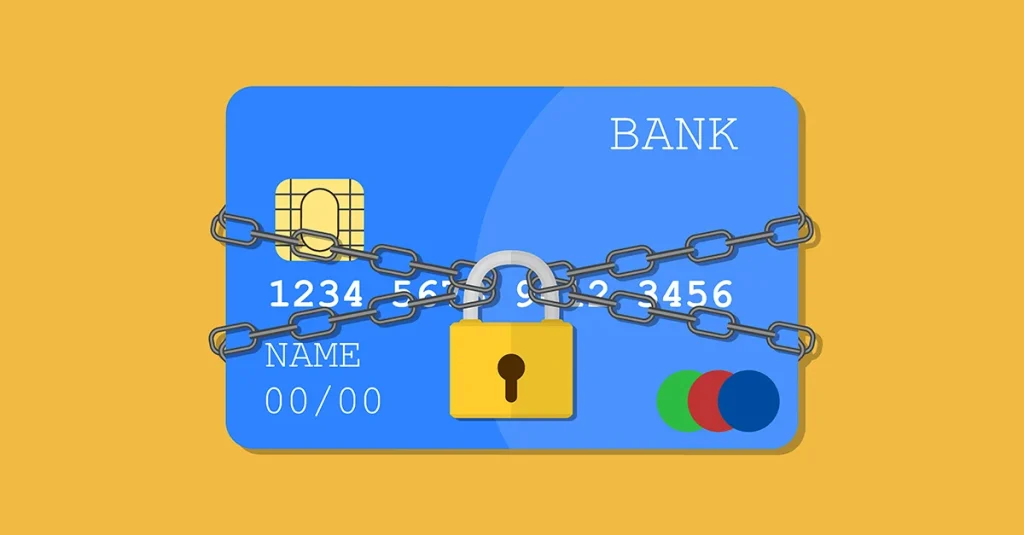In an increasingly interconnected world, staying secure and safeguarding against fraud has become an imperative for individuals, businesses, and institutions alike. Fraudsters constantly evolve their tactics, exploiting vulnerabilities in technology, human behavior, and communication channels to orchestrate elaborate scams that can have devastating financial and personal consequences. To combat this ever-present threat, individuals must adopt a proactive and multifaceted approach to protect themselves. First and foremost, maintaining a strong sense of digital hygiene is crucial. This involves regularly updating passwords, enabling multi-factor authentication, and being cautious of suspicious emails or messages that may attempt to steal sensitive information through phishing or social engineering. Furthermore, individuals should exercise caution when sharing personal details online and should only transact on secure websites, especially when dealing with sensitive financial matters. Businesses, too, bear a significant responsibility in safeguarding against fraud.

Implementing robust cybersecurity measures, such as firewalls, intrusion detection systems, encryption protocols, can create formidable barriers against unauthorized access to sensitive data. Regular employee training sessions to raise awareness about the latest fraud techniques and prevention strategies can also fortify an organization’s defenses. Moreover, businesses should establish stringent protocols for verifying the identity of individuals before processing financial transactions or releasing confidential information. Collaboration between individuals, businesses, and law enforcement agencies is paramount in the fight against fraud. Sharing information about emerging fraud trends and suspicious activities can help detect and disrupt fraudulent schemes before they inflict substantial harm. Moreover, staying informed about the latest fraud schemes and staying educated about best practices for protection can empower individuals and organizations to stay one step ahead of fraudsters. Innovative technologies, such as artificial intelligence and machine learning, are also playing a pivotal role in the battle against fraud.
These technologies can analyze vast amounts of data in real-time to detect anomalies and patterns indicative of fraudulent activities click fraud protection. They can identify unusual behaviors and flag transactions that deviate from established norms, allowing for swift intervention. In conclusion, safeguarding against fraud requires a concerted effort from individuals, businesses, and society at large. By cultivating a culture of vigilance, staying informed about emerging threats, and embracing advanced technologies, we can collectively build strong defenses against fraud and protect our financial well-being and personal information. As the landscape of fraud continues to evolve, so must our strategies for prevention and mitigation, ensuring that we stay secure in an increasingly complex digital age.